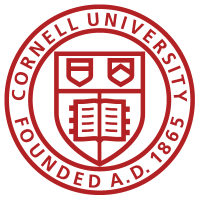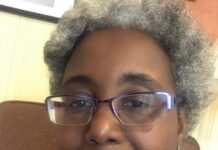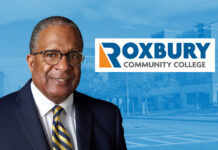 Research conducted at Cornell University in Ithaca, New York, analyzed mobile dating apps that allow users to filter their searches by race, or rely on algorithms that pair up people of the same race. The study sought to analyze how these dating apps reinforce racial divisions and biases. According to the authors, dating apps should offer users categories other than race and ethnicity to describe themselves, post inclusive community messages, and write algorithms that don’t discriminate.
Research conducted at Cornell University in Ithaca, New York, analyzed mobile dating apps that allow users to filter their searches by race, or rely on algorithms that pair up people of the same race. The study sought to analyze how these dating apps reinforce racial divisions and biases. According to the authors, dating apps should offer users categories other than race and ethnicity to describe themselves, post inclusive community messages, and write algorithms that don’t discriminate.
The authors expand on existing research on discrimination in dating apps and explain how simple design decisions could decrease bias against people of all marginalized groups. According to the researchers, Black men and women are 10 times more likely to message White people than White people are to message Black people. Additionally, they also found that men who used these dating apps heavily viewed multiculturalism less favorably, and sexual racism as more acceptable.
However, dating apps have the potential to make it easier for people of different races to meet. Research showed that users who get messages from people of other races are more likely to engage in interracial exchanges than they would have otherwise.
The researchers state that 15 percent of Americans report using dating apps and some research suggests that a third of marriages have resulted from initial online contacts. As these dating apps become increasing popular, the researchers stress that people and app designers need to be aware of the impact of race.
“It’s really an unprecedented time for dating and meeting online. More people are using these apps, and they’re critical infrastructures that don’t get a lot of attention when it comes to bias and discrimination,” said lead author Jevan Hutson, who earned bachelor’s and master’s degrees at Cornell and is now a student at the University of Washington School of Law. “Intimacy is very private, and rightly so, but our private lives have impacts on larger socioeconomic patterns that are systemic.”
The full study, “Debiasing Desire: Addressing Bias & Discrimination on Intimate Platforms,” can be read here.












